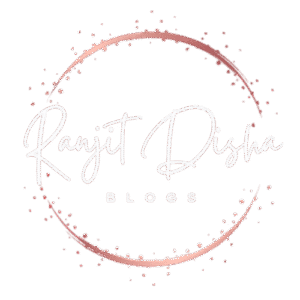Rakshabandhan, also known as Rakhi, is a cherished festival in India that celebrates the sacred bond between brothers and sisters. Traditionally, it is a day when sisters tie a protective thread called Rakhi on their brothers’ wrists, praying for their well-being, and brothers vow to protect their sisters. However, in recent years, the essence of Rakshabandhan has transcended biological ties, evolving into a celebration of love, trust, and protection beyond blood relations. In 2025, this festival beautifully embraces friendships, communities, and social bonds, making it more inclusive and meaningful than ever.
In this blog post, we explore the significance of Rakshabandhan beyond blood relations, how it celebrates friendships, chosen families, and even communal harmony. We’ll also look at ways to celebrate this expanded meaning of Rakhi, and why it matters in today’s diverse and interconnected world.
Rakshabandhan: A Brief Traditional Overview
Rakshabandhan has been celebrated for centuries as a festival symbolizing the protective bond between brothers and sisters. The word “Rakshabandhan” itself means “the bond of protection,” where a sister ties a Rakhi (sacred thread) around her brother’s wrist as a symbol of love, protection, and respect.
The festival’s roots trace back to ancient Hindu mythology, including stories like Lord Krishna and Draupadi, or the sister of King Bali tying a Rakhi to Lord Vishnu. Traditionally, it is a family-centered celebration focusing on sibling love.
The Evolution of Rakshabandhan Beyond Blood Ties
While the traditional understanding focuses on siblings, the festival’s core value—protection, care, and unconditional love—naturally extends beyond biological relationships. Over time, Rakshabandhan has grown to embrace friends, cousins, neighbors, mentors, and even strangers in some communities.
This evolution reflects broader social changes where families can be chosen, and bonds of affection and loyalty need not be defined by genetics. In the 21st century, especially with urbanization and global migration, many people are far from their blood relatives. Rakshabandhan has adapted as a celebration of chosen family and friendship.
Friendship Rakhi: Celebrating Chosen Bonds
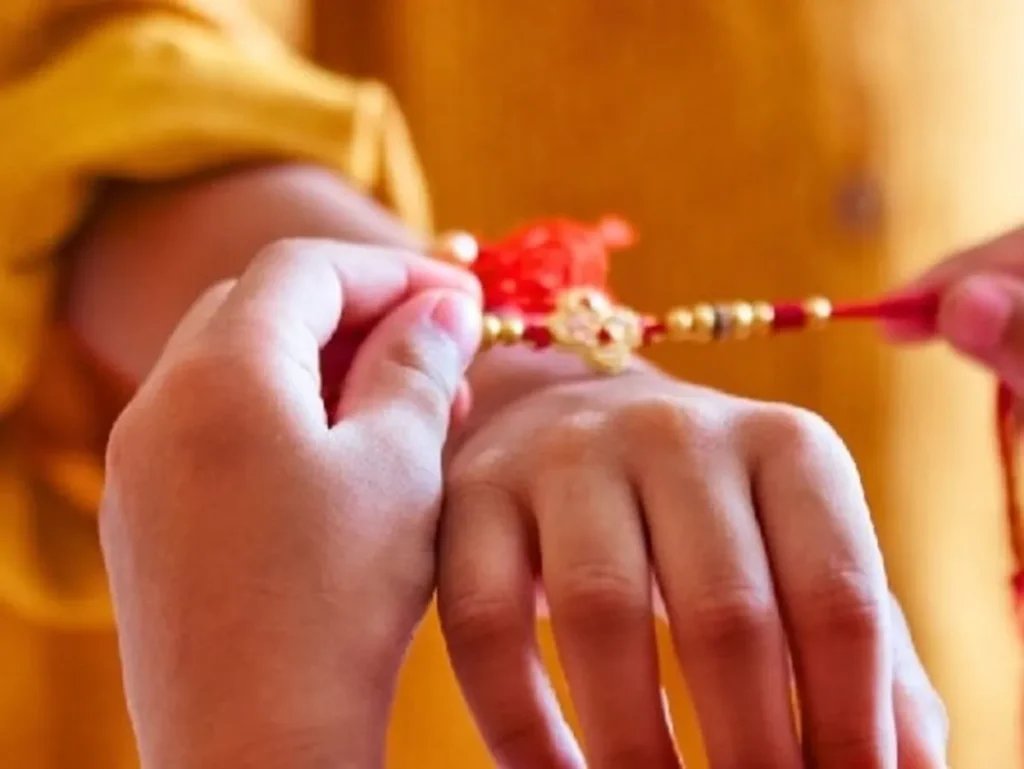
The idea of tying Rakhi to friends is gaining massive popularity, especially among younger generations and urban populations. Friendship Rakhi symbolizes mutual support, trust, and lifelong commitment just like sibling bonds.
Why Friendship Rakhi Matters:
Many people form deep, sibling-like bonds with friends, especially those who act as support systems during tough times. Rakshabandhan acknowledges these relationships, validating friendships as powerful and protective ties.The Rise of ‘Friendship Rakhi’ Events:
Schools, colleges, and social groups often organize Rakhi ceremonies among friends. This trend promotes social cohesion and the message that protection and care transcend family.Rakhi as a Gesture of Inclusivity:
Tying Rakhi to friends of different genders, castes, and communities promotes equality and respect, reinforcing that Rakshabandhan is about universal love.
Rakshabandhan as a Symbol of Communal Harmony
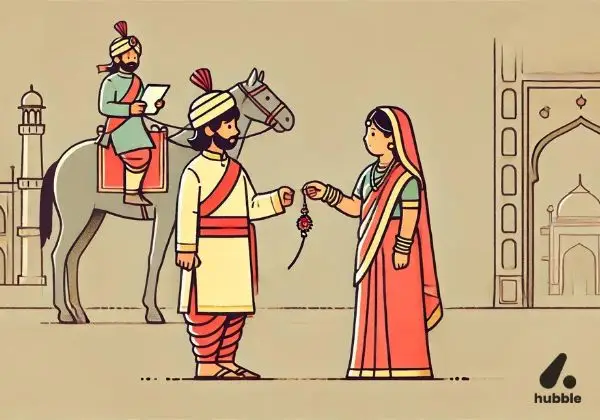
Rakshabandhan also serves as a powerful symbol of communal harmony in India’s pluralistic society. Celebrating Rakhi across religious, caste, and cultural lines fosters peace and understanding.
Rakshabandhan Between Different Communities:
Stories abound of Rakhi being tied to protectors from different communities, reinforcing solidarity. For example, Rakhi has been tied between Hindus and Muslims, promoting unity and harmony.Rakhi as a Peace-Building Gesture:
In many regions, Rakshabandhan is used as a symbol to bridge divides and celebrate coexistence, a message that resonates strongly in today’s world.
Rakshabandhan and Social Inclusion
Modern interpretations of Rakshabandhan also highlight social inclusion by recognizing relationships beyond traditional family structures:
Adopted and Foster Families:
The festival embraces adoptive siblings and foster families, recognizing that love and protection are not limited to biology.LGBTQ+ Celebrations:
Many LGBTQ+ communities celebrate Rakshabandhan to honor chosen families and bonds of support that are not necessarily based on blood relations.Supporting Vulnerable Groups:
NGOs and social organizations use Rakshabandhan to connect with underprivileged children and elders, symbolizing societal protection and care.
How to Celebrate Rakshabandhan Beyond Blood Relations
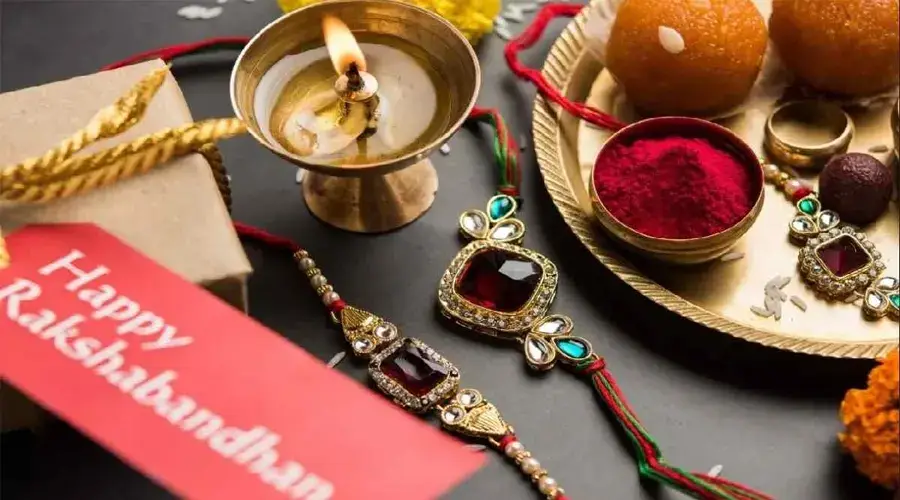
If you want to embrace this beautiful, inclusive meaning of Rakshabandhan in 2025, here are some meaningful ways to celebrate:
Tie Rakhi to Friends:
Celebrate your friends by tying Rakhi and exchanging gifts or heartfelt messages.Organize Community Rakhi Events:
Bring together diverse groups in your neighborhood or workplace to celebrate friendship and harmony.Send Virtual Rakhis:
For friends and chosen family far away, send e-Rakhis or personalized Rakhi gifts with messages of love and protection.Celebrate with Social Causes:
Link Rakshabandhan with charity by donating or volunteering to support vulnerable groups as a symbol of protection beyond family.Make Eco-Friendly Rakhis:
Choose sustainable Rakhis and promote environmental consciousness along with social harmony.
Rakshabandhan 2025: Embracing Diversity and Unity
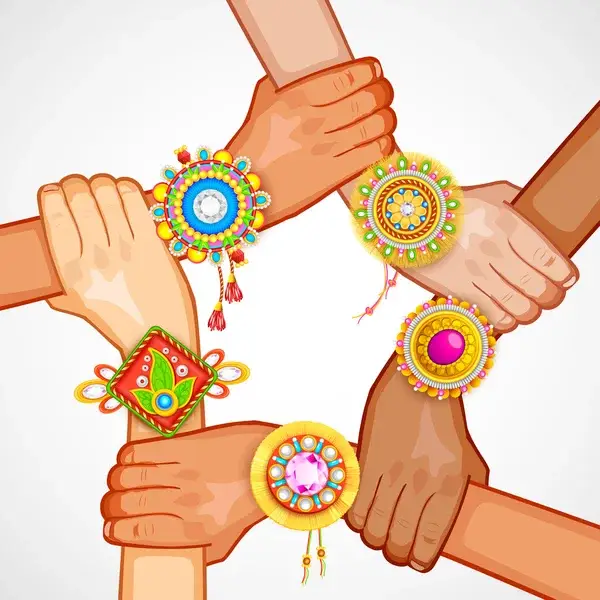
In 2025, Rakshabandhan is more than a sibling festival—it is a celebration of unity in diversity. The festival’s inclusive spirit is perfectly aligned with contemporary values:
Global Celebrations:
Indians and friends worldwide celebrate Rakshabandhan, sharing its message of protection and care.Digital Connections:
Technology enables siblings and friends worldwide to celebrate virtually, bridging physical distances.Cultural Fusion:
Rakshabandhan has inspired new traditions combining regional and global customs, enriching the festival’s tapestry.
Why Rakshabandhan’s Expanded Meaning Matters Today
The broader interpretation of Rakshabandhan is not just a modern trend but a profound reflection of today’s social realities:
Recognizing Chosen Families:
Many people find their strongest emotional bonds outside biological families. Rakshabandhan honors these vital relationships.Promoting Social Harmony:
By celebrating Rakhi across divides, the festival helps counter polarization and promotes empathy.Encouraging Gender Equality:
Friendship Rakhis between all genders challenge traditional roles and promote mutual respect.Fostering Mental Health and Support:
The protective vow of Rakhi symbolizes emotional safety, a vital aspect in today’s fast-paced world.
Final Thoughts: The Everlasting Spirit of Rakhi
Rakshabandhan in 2025 stands as a beautiful reminder that love, protection, and care are universal values that transcend biology, culture, and geography. Whether it’s a brother, sister, friend, or a community member, the spirit of Rakhi binds us all in a promise to protect and uplift one another.
This Rakshabandhan, let’s celebrate the festival not just as a ritual but as a celebration of friendship, chosen families, and human unity—because love knows no boundaries.
FAQs on Rakshabandhan Beyond Blood Relations
Q1. Can Rakhi be tied to friends?
Absolutely! Tying Rakhi to friends is a popular and meaningful way to celebrate friendship bonds that resemble sibling love.
Q2. Is Rakshabandhan celebrated outside India?
Yes, the Indian diaspora worldwide celebrates Rakshabandhan, often adapting it to include friends and local communities.
Q3. What is the significance of Rakshabandhan for social harmony?
It symbolizes unity, peace, and mutual protection across different communities and cultures.
Related posts:
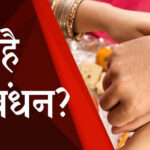 Unveiling the Confusion of Rakshabandhan on Date and Time
Unveiling the Confusion of Rakshabandhan on Date and Time
 Sawan Festivals 2025: Importance of Nag Panchami, Raksha Bandhan, and Hariyali Teej
Sawan Festivals 2025: Importance of Nag Panchami, Raksha Bandhan, and Hariyali Teej
 Nutrition for Diabetes Management: Best Diet Strategies for Blood Sugar Control
Nutrition for Diabetes Management: Best Diet Strategies for Blood Sugar Control
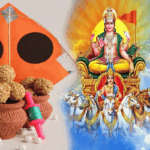 Makar Sankranti: A Festival of Harvest, Tradition, and Joy
Makar Sankranti: A Festival of Harvest, Tradition, and Joy
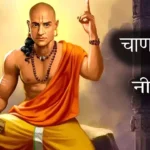 Chanakya Neeti: Timeless Wisdom for Modern Life
Chanakya Neeti: Timeless Wisdom for Modern Life
 Gyanyog: The Spiritual Legacy of Swami Vivekananda
Gyanyog: The Spiritual Legacy of Swami Vivekananda
